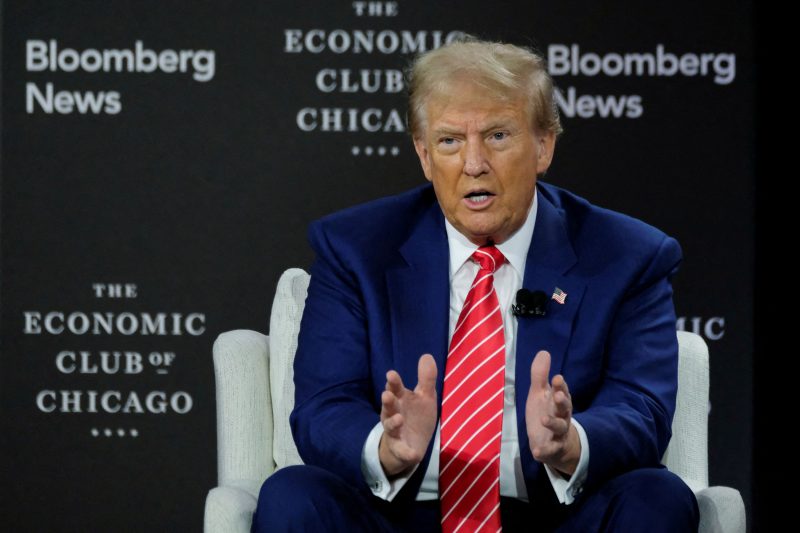In a world where truth often seems elusive and malleable, the narrative of the successful businessman turned powerful president has been a recurring theme in modern history. However, as we delve deeper into the myth surrounding Businessman Trump, the veil of glamour and success begins to fade, revealing a more complex and troubling reality.
One of the key aspects fueling the myth of Businessman Trump was the image of a self-made billionaire who defied the odds to achieve unparalleled success. The Trump brand was synonymous with luxury, opulence, and prosperity, creating an aura of invincibility around the man himself. This carefully cultivated image was accompanied by a brash and unapologetic personality that resonated with a segment of the population seeking a bold and unconventional leader.
Central to the myth of Businessman Trump was the notion that his business acumen would translate seamlessly into the realm of politics. The promise of running the country like a business appealed to those who saw traditional politicians as out of touch and ineffective. However, as Trump’s presidency unfolded, it became increasingly clear that governing a nation is vastly different from managing a corporation.
The collapse of the myth of Businessman Trump can be attributed to a series of factors that revealed the shortcomings of his leadership style and decision-making. From divisive policies and inflammatory rhetoric to ethical scandals and controversies, Trump’s presidency was marked by chaos and instability. The lack of political experience and diplomatic finesse further highlighted the limitations of his approach to governance.
Moreover, the economic legacy of Businessman Trump was far from the success story it was touted to be. Despite promises of job creation and economic growth, the reality painted a different picture. Trade disputes, erratic policy decisions, and a global pandemic all contributed to an uncertain economic landscape marked by volatility and uncertainty.
As the myth of Businessman Trump crumbled, so too did the illusion of infallibility that surrounded him. The erosion of trust and credibility, both domestically and internationally, left a lasting impact that will reverberate for years to come. The cautionary tale of the businessman turned president serves as a stark reminder of the importance of leadership qualities such as integrity, humility, and empathy.
In conclusion, the myth of Businessman Trump has collapsed under the weight of reality, exposing the fallibility and limitations of a narrative built on image rather than substance. The lessons learned from this cautionary tale should serve as a sobering reminder of the dangers of placing blind faith in charismatic figures without scrutinizing the underlying facts and values they represent. Only by striving for transparency, accountability, and ethical governance can we avoid repeating the mistakes of the past and aspire to build a more resilient and inclusive society.

